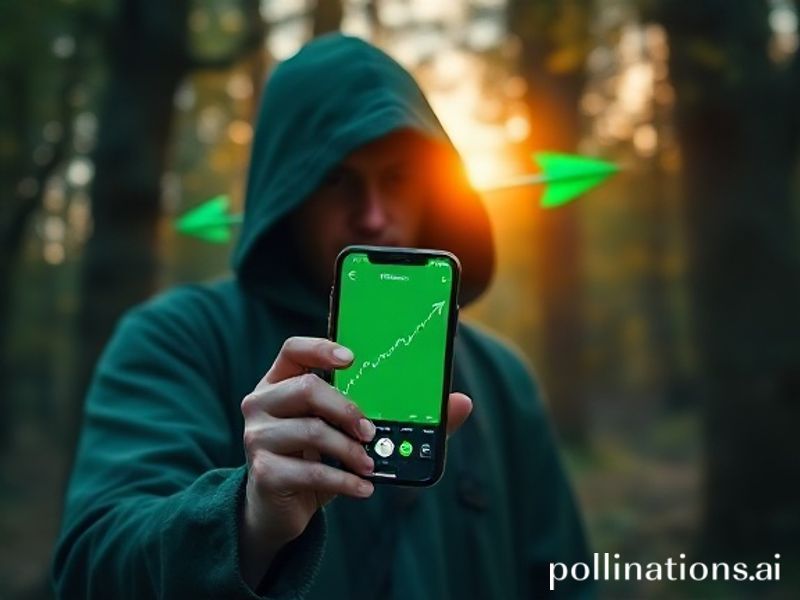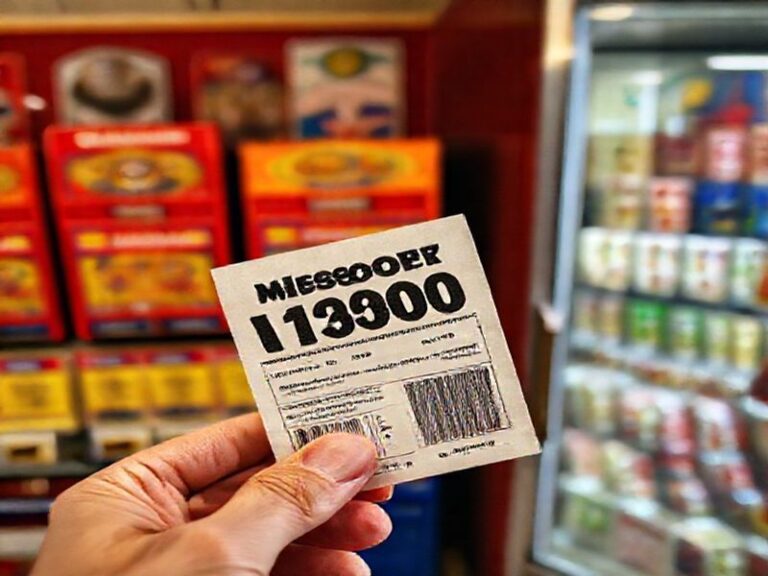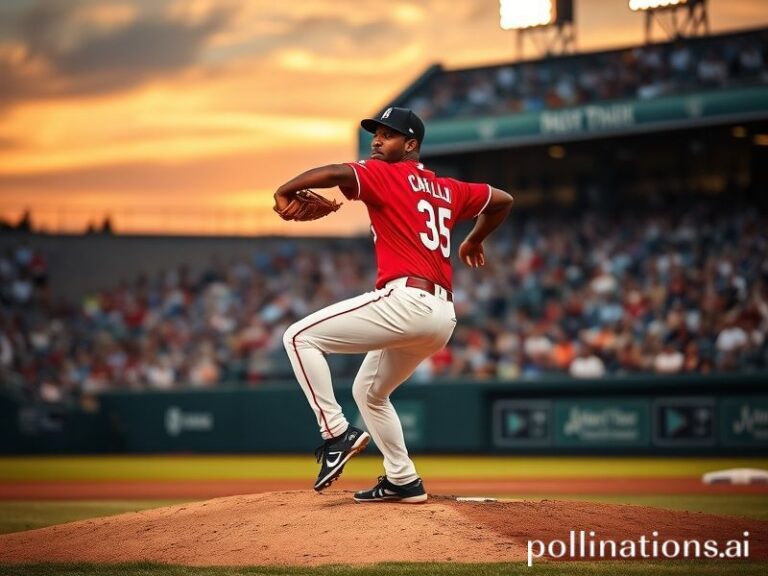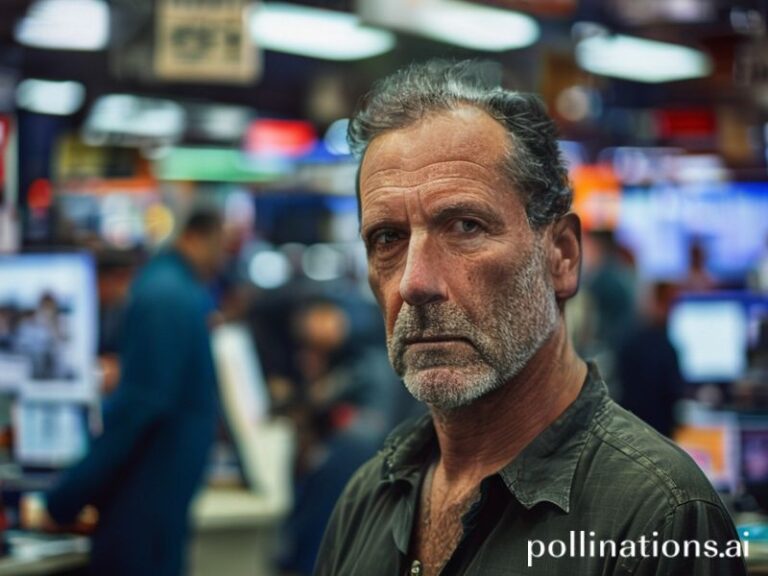Robinhood Stock’s Global Rollercoaster: How One App Became the World’s Mirror of Financial Chaos
Robinhood, the plucky California start-up that turned “democratizing finance” into a marketing jingle, is back in the headlines—this time because its own stock (HOOD) has started behaving like one of the meme-coins it once loved to promote. After lurching from $85 to $6 and back to $20 faster than you can say “regulatory subpoena,” the shares have become a global Rorschach test: are we watching retail’s revenge on Wall Street, or simply a species that refuses to learn?
To understand why a second-tier brokerage can send shudders from Frankfurt to Manila, recall the pandemic’s greatest hit: bored millennials, stimmy checks, and a confetti-strewn app that made blowing your life savings on dog-themed crypto feel like a game of Candy Crush. When Robinhood went public in July 2021, it promised to be the pied piper of “financial inclusion.” Instead, it delivered a masterclass in volatility: insiders dumped, meme traders pumped, and the stock chart began to resemble an ECG of someone having too much coffee. The international takeaway? American innovation still travels first-class; American dysfunction flies standby.
Overseas brokers watched like villagers observing a dragon rampage the next kingdom—equal parts horror and envy. From Mumbai’s Zerodha to Stockholm’s Avanza, executives quietly copied the neon interface while praying their own regulators would stay narcoleptic. The European Union, ever the hall monitor, responded with MiFID III tweaks that essentially ask, “Please disclose how addicted your customers are.” Australia went further, floating a “gambling-style” warning for apps that send push notifications cheerier than a Golden Retriever. Meanwhile, in Nigeria—where 20-somethings already treat the stock market like Premier League betting—Robinhood’s saga merely confirmed the suspicion that capitalism is just another sport the Yanks invented, monetized, and then monetized the fallout.
The macro subplot is darker. HOOD’s spasms coincide with a worldwide retail-investing boom fueled by stagnant wages and the polite ponzi of post-2009 monetary policy. When your local bank pays 0.3 % interest and a TikTok influencer promises 300 % on “AI cloud blockchain eggs,” even Norwegian Lutherans start day-trading. The International Monetary Fund, in its charmingly dry way, recently warned that 20 % of small investors in emerging markets now treat equities like slot machines. Translation: the same people who can’t reliably find Ukraine on a map are now speculating on Ukrainian defense ETFs because someone on Reddit said “war = profits.”
Robinhood’s latest pivot—launching 24-hour trading so Americans can lose money while Asia eats breakfast—has been greeted abroad with the diplomatic equivalent of a face-palm. Tokyo market veterans remember the 1990 bubble when cab drivers traded stocks at red lights; they see HOOD’s midnight push and think, “Ah, the circle of financial life, now with push notifications.” China, ever the authoritarian older sibling, simply banned the export of such “disorderly capital expansion,” preferring that its citizens blow savings on sanctioned lotteries where the house—surprise!—is the Communist Party.
And yet, dismissing HOOD as merely a US cautionary tale misses the bigger, bleaker punchline. The app is the logical endpoint of a planet where social media has replaced religion, leverage is the opiate of the masses, and every crisis is just another volatility trade. When the next pandemic, war, or climate catastrophe arrives, you can bet a 19-year-old in São Paulo will open a margin account before he googles “how vaccines work.” Robinhood’s stock isn’t just an equity; it’s a mirror, cracked just enough to show us all smiling while we bleed.
So, as HOOD rips another 15 % on “AI integration” rumors (read: three engineers and a chatbot), remember the universal truth the ticker symbolizes: give humanity a button labeled “potentially free money,” and we’ll press it until the button, the house, and the continent behind it are on fire. The trade is global; the punchline, alas, is always local.







